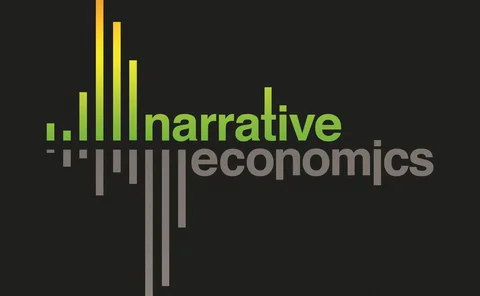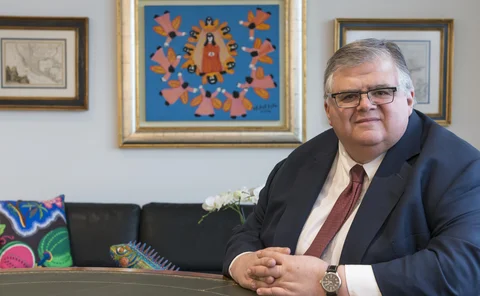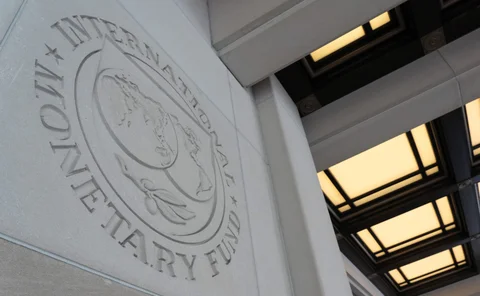Financial crisis
Protracted low rates demand solid macro-prudential frameworks – Claudia Buch
Bundesbank vice-president says nature of monetary union demands strict surveillance
Bank of Korea warns of worsening financial stability as exports fall
More rate cuts expected as South Korean exports fall for 10 consecutive months
UK watchdog unveils curbs on illiquid funds
Some open-ended funds will now have to make contingencies for stressed market conditions
30 years of central banking
Central banks face credibility tests on a number of fronts
Book notes: Narrative economics, by Robert Shiller
The book is good fun to read, but some elements are a little disappointing
Norges Bank lays out plans for collateral management during resolution
Liquidity assistance in a resolution will “never” be a long-term solution, Torbjørn Hægeland says
Macro-pru is no panacea
Many central banks need better macro-prudential policy frameworks and communication at a time of rising political interference
30 years of forecasting: have central banks learned anything?
Forecasting models are constantly being upgraded, but forecast errors are still persistent. What more can central banks do?
Uribe details aggressive Flar expansion plans
The Latin American fund chief, José Darío Uribe, speaks about: Flar’s efforts to support macroeconomic and financial stability; exposure to Venezuela; and more
Market competition fuels volatility in frail regulatory environments – Bank of Spain research
Increased instability associated with higher default rate triggers a 3.3% loss of output
Economists publish ‘crash course’ on euro crisis
Brunnermeier and Reis say framework is designed to help students grasp the macro-financial roots of recent crises
Agustín Carstens on fixing the global monetary system
The BIS chief speaks about how to strengthen the global safety net, vulnerabilities in emerging markets and the challenges and opportunities posed by fintech
Central banks face loss of independence – Central Banking survey
A new survey of Central Banking’s Editorial Advisory Board points to central banks facing existential challenges with little change in their frameworks or toolkits
Overcoming deflation: Japan’s experience and challenges ahead
Bank of Japan governor Haruhiko Kuroda explains how Japan’s long battle against deflation may offer insights for the future conduct of monetary policy at other central banks
Fischer and Hildebrand call for emergency policy tools
Former central bank chiefs say existing monetary tools are “almost exhausted”
The Fed’s trade policy dilemma
FOMC should loosen, but members must speak out more forcefully against tariffs, writes Barry Eichengreen
Market-based metrics are best signal for bank distress – IMF paper
Researcher finds vulnerabilities in large eurozone banks, while North America is least distressed region
IMF has no back-up plan to Fed swap lines
Financial counsellor says no plans in the works for emergency dollar funding backstop
The IMF should adopt a ‘real SDR’
The creation of a vibrant market in SDR linked to commodity prices could create a powerful new monetary anchor, argues Warren Coats
IMF’s Adrian on the big tech threat and why a ‘non-system’ works
The IMF’s financial counsellor speaks about risks from big tech’s move into fintech, the fund’s efforts to craft well-targeted policy guidance and why the current international monetary ‘non-system’ works
Central banks need better crypto asset data to contain risk – ECB research
Links between crypto assets and regulated financial sector may increase and challenge regulatory frameworks; ECB creates own database
IMF extends deadline to implement increase in quotas
Executive board allows members to consent to and increase their contributions until December 27, 2019
The great wave: global liquidity in a turbulent world
Global imbalances are growing, and it is unclear whether the world’s institutions have enough firepower to respond to a crisis, writes Daniel Hinge
Book notes: Shadow networks, by Francisco Louçã and Michael Ash
While not all central bankers will read this book, the problems it presents should not be left to politicians to solve






















